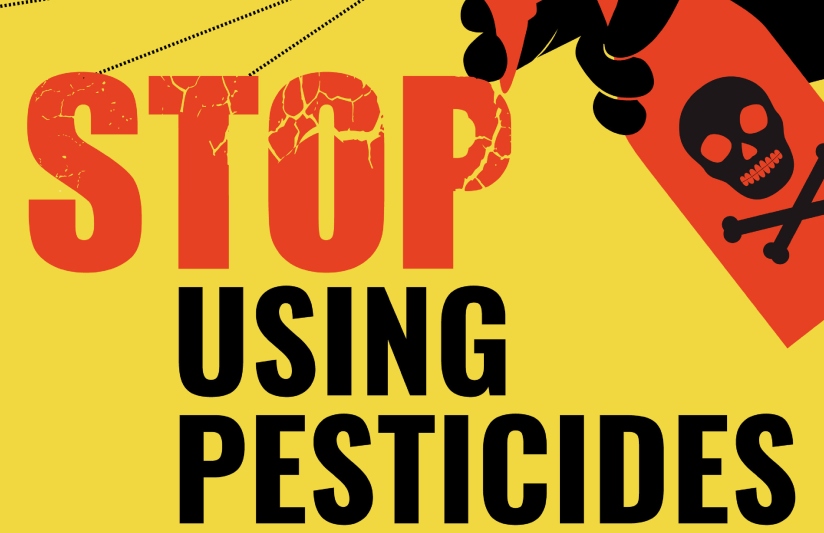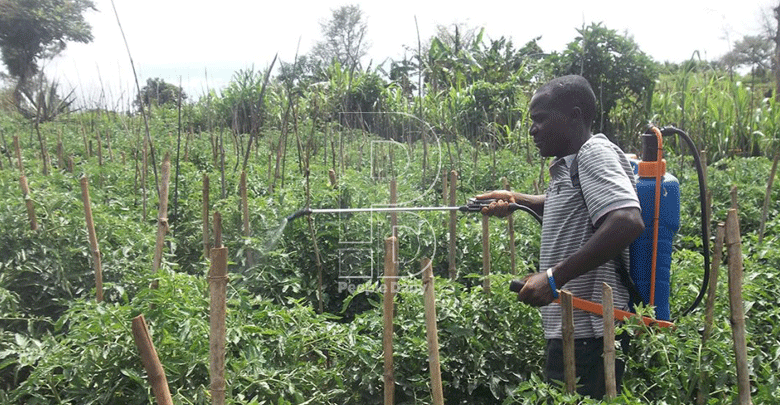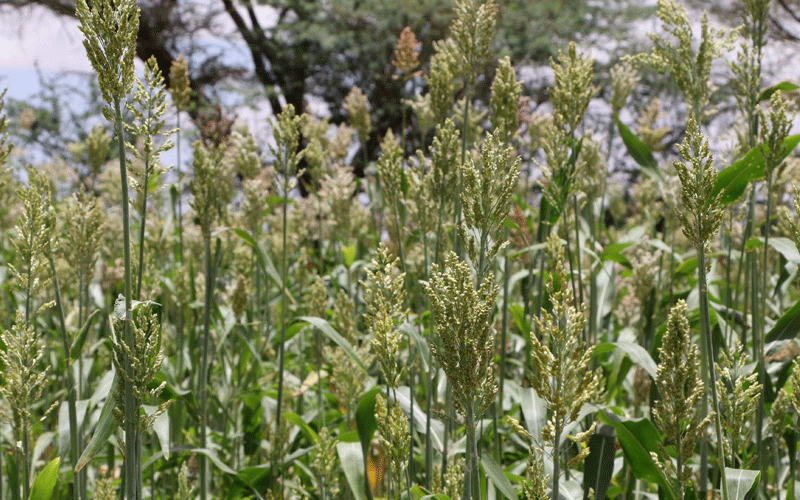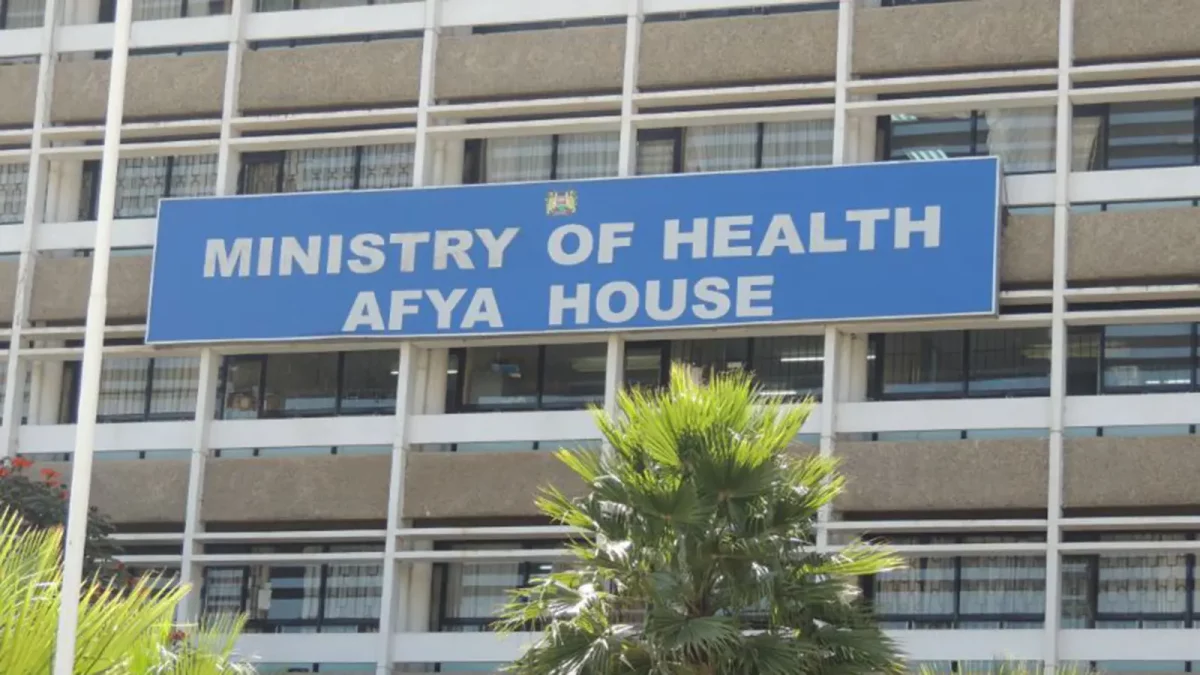Pesticides ban a huge threat to Kenya’s food security, experts warn
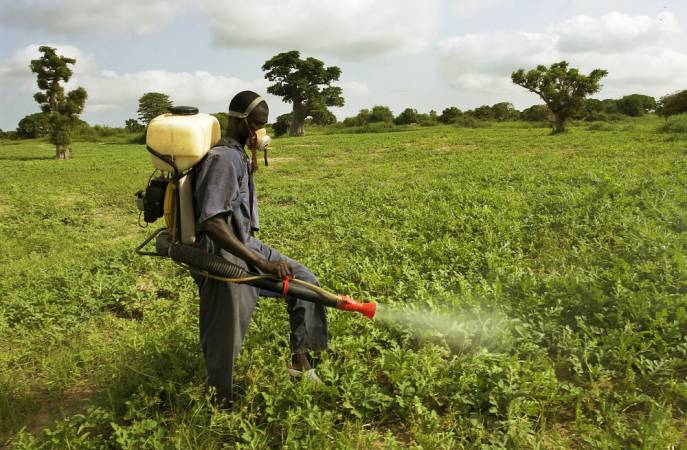
Farmers use many tools to produce the food that end up on our plates. Among them, are crop protection products, also known as pesticides, which help control weeds, pests and diseases that starve food crops of nutrients, sunlight and water needed to thrive.
However, despite all these benefits, there have been calls by various lobby groups for the government to ban these products, which they term as harmful and toxic, not only to human beings, but also to the environment.
Uasin Gishu Women Representative Gladys Boss Shollei is sponsoring a Bill in Parliament aimed at banning the use of at least 200 chemicals locally.
Pesticides are also part of a much larger conversation about sustainability. Different groups continue to differ on whether farmers should be using these products or go organic, whereas others are wondering what are the tradeoffs when it comes to the environment and food safety.
Alice Waweru, a flower farmer from Laikipia county says that farmers in Kenya cannot afford not to use pesticides, because this will lead to them losing more than half of their crops to pests and diseases,” she says.
Although she would have loved to grow her crops organically, Muthoni says unstable climate has been pushing her to use pesticides because warmer temperatures and droughts affect plant phenology and consequently insects emergence. Warmer temperatures are also turning out to be the best breeding ground for pests. “Pests, weeds, insects and fungus are the greatest threat to growing any crop. Without pesticides, some crops cannot be grown, especially in large scale,” she adds.
Food will be costly
Esther Kimani, Chief Executive Officer at the Pest Control Products Board (PCPB) echoes Muthoni’s sentiments saying if these pesticides are banned, the country should prepare to face severe food shortage. “We will have no products to control pests, which are becoming notorious meaning that farmers will have less or no harvest at all,” she told Agribiz.
She further warns that without crop protection products, food will also be more expensive as more of it would be lost to pests and our diets will not be diverse. The country will also lose its international market since no country will be willing to buy poor quality produce from us. “What I can say is that all pesticides are harmful and toxic, including the organic ones.However, despite them being toxic and harmful, we cannot stop using them. The Kenyan tropical weather makes us prone to pests and diseases. Also, for our country to remain productive and maintain good quality produce, we need these pesticides,”said Kimani.
She says use of pesticides is not bad since they are designed to protect the crops against pests and diseases, the difference is in how farmers will use them. Farmers are abusing the products by ignoring instructions on the label, causing toxicity.
On the concern about why some banned products in Europe are still in circulation in the Kenyan market, Kimani says that not all products banned in Europe need to be banned here. She explains the process used to ban products in Europe is quite different from what is used in Kenya. In Europe, they use hazardous measures to ban a product while in Kenya we do risk assessment and evaluation to determine whether the product should be withdrawn from the market or not. “ We cannot ban a product because it was banned in one specific country. We usually check whether other countries are using it, and whether its effects can be mitigated. If the effects can be controlled, we release the product to the market, and if not, we withdraw the product from the market,” says Kimani.
On his part, Fredrick Muchiri, head of the Registration Department at PCPB told Agribiz that if crop protection products are used correctly, farmers will be able to reap the benefits of the products. He says agrochemicals have a role to play in boosting food security since they not only protect, but also increase yields and the number of times per year a crop can be grown on the same land. This is particularly important in our country since we always face food shortages. “The problem here is not about pesticides being harmful and toxic. Pesticides are toxic and harmful in nature.The problem is how farmers are using these products. If farmers adhere to proper usage of these products ,the products will cause no harm not only to humans, but also to the environment,” he backs Kimani’s sentiments.
Risk analysis on pesticides
He addresses allegations that some pesticides are carcinogenic, saying there is no evidence to show the relationship between the two. And to ensure that all the products in the Kenyan market meet the required standards, the board is conducting a risk analysis of all the products sold in Kenya.. “We will make informed scientific decisions after the assessment. However, in all the decisions we make, we will ensure that food safety and security are balanced. Any product that we find ineffective will be banned,” he added.
He urged Kenyans not to fear when using the products because they are regulated and to be sure that they are as safe as possible for people and the environment. However, she insisted that one must follow all precautions, use the pesticides according to the label and also use integrated pest management systems to reduce the risks of pesticide use.
“As a country we have an extensive regulatory system and all crop protection products go through extensive toxicology testing to look at the benefits and the risks of the product. We have been keen to ensure that no counterfeits get to the market,” she said.
